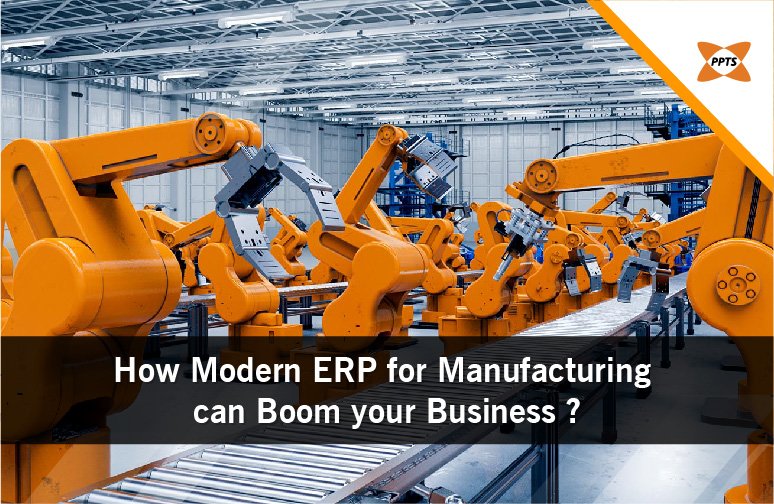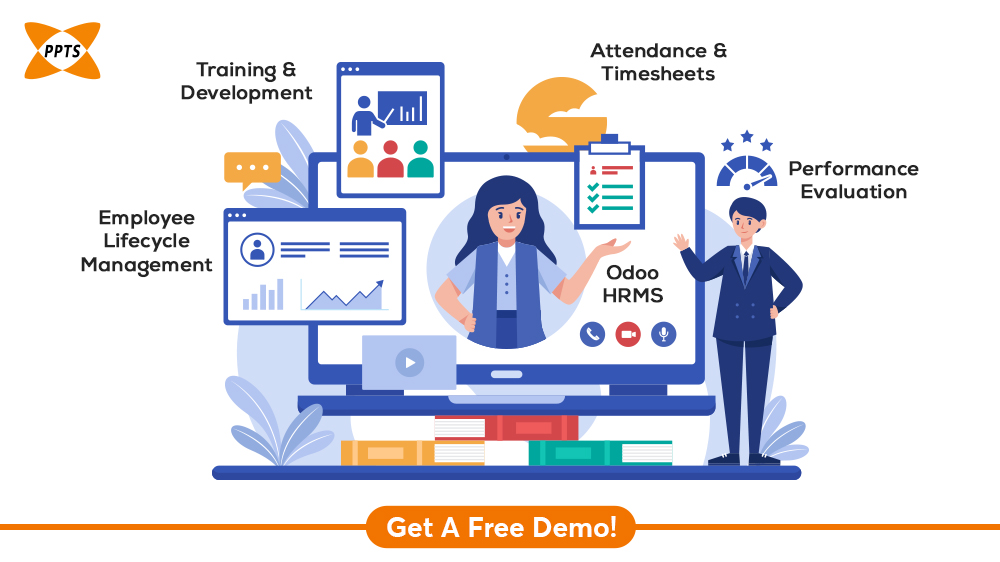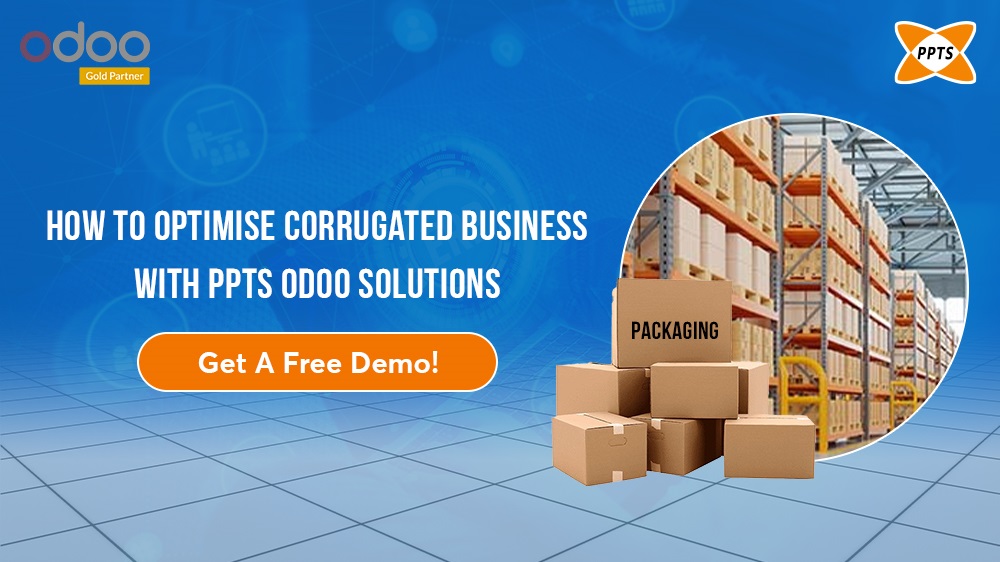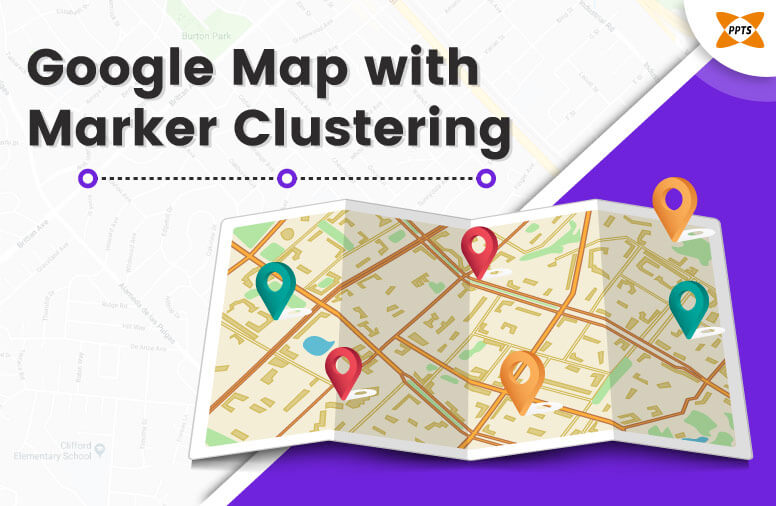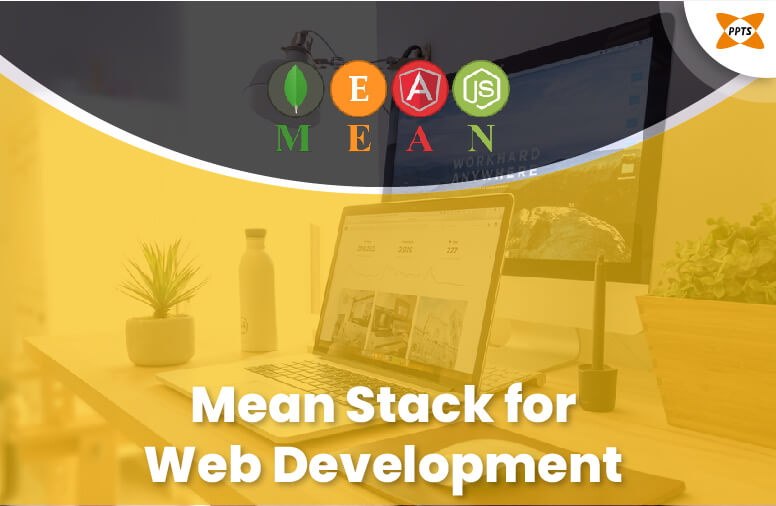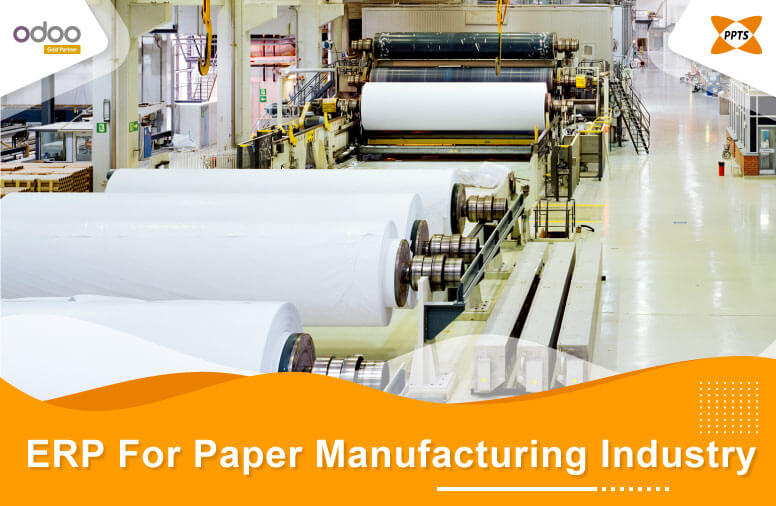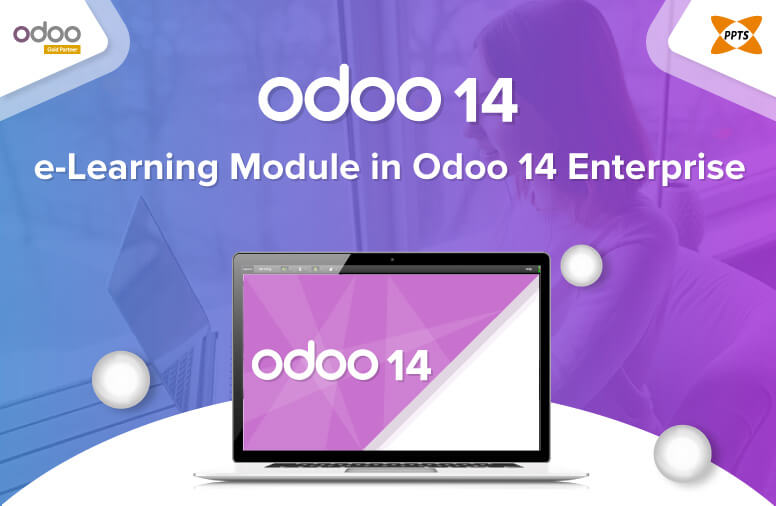Are you into the manufacturing industry?
Facing challenges in forecasting demand and controlling inventory?
Looking for ways to increase the Business Turnover?
Thinking about the Right Way of doing it?
Then, you are at the Right Place! Read on to know more
Thanks to the technological advancement which had its tremendous impact over the manufacturing industry. Starting from handling of raw materials to the final stage of processing the scraps, the cost-effective solutions of modern technological updates play a pivotal role in the manufacturing industry. But also the fact that these technological advancements have also upgraded the challenges in the manufacturing industry can’t be neglected.
By creating a lean and more controllable work environment, the manufacturers have started to increase the overall productivity of their business. The first and foremost thing about any manufacturing industry is its highly dynamic and competitive nature which is reliable for its sustainable growth. A highly efficient and integrable system has become mandatory which can enhance productivity, diminish material wastes, and increase sales. Most importantly, the implemented system must enable the organization to make accurate, informed and strategic decisions.
Common paint points faced by the Manufacturers
The following are the major pain points most commonly faced by the business people who are into the manufacturing industry.
- Difficulties to track accurate inventory – Product & Material Management
Product & Material Management is the first and foremost challenge faced by the manufacturers when it comes to business efficiency. Mismanaged inventory can often lead to difficulties in product management, over purchase of existing products, delay in delivery time, and thus leads to further complications affecting the customer relationship. - Complexity in Data Management – Tracking Daily Operations
It is impossible to meet the required productivity without a proper track of the daily operations. Manual reporting of the operational processes and labour details cannot be processed in real-time when it comes to longtime implementation projects. Further, it affects flexibility in the labour working hours and other operational processes. - Inconvenience in Accounting
‘Actual costs regularly exceed the estimated cost by more than 10%.’
Accounting plays a pivotal role when it comes to business profitability. Managing the company’s expenses, bills, employee payrolls, and other accounting information needs much care. A single mistake or a human made error can lead to a huge turbulence in the business functionalities. It costs time, money, and customers. Also, it can affect the entire manufacturing process of that particular project. - Complications in Decision-making
Due to the lack of transparency in the business workflows, appropriate decision-making based on the emergency situations gets highly complicated. Also, unavailability of user-defined dashboard that provides the business insights can become a nightmare for manufacturers while making decisions for providing better quality deliverables. - Struggle in Sales Management
If the sales process is manually driven, it leads to slow and inaccurate order management process. Thus, it costs more of your valuable time which directly affects the end product deliverables. Further, improper sales management often leads to losing your business opportunity to the market competitors with lower margins.
- Identifying the right ERP
Identification of the suitable ERP for manufacturing business has become a substantial challenge. Based on the size of the company, implementing the respective ERP suitable for the business is highly recommended to improve the overall efficiency.
Searching for a perfect ERP system to suit your business?
We are here to help you. Consult us now!
-
Finding the right partner
ERP market consists of a huge number of implementers who can adapt to the business with the latest technologies available in the modern ERP for manufacturing. Finding the right partner in the vast market who can understand the customer’s pain points is one of the major challenges faced in the manufacturing industry.
How to overcome these challenges?
All the above mentioned challenges can be eliminated by means of implementing an efficient ERP system exclusively customised for the business. Odoo ERP, an all-in-one management suite can integrate all the aspects (resources, operations, monitoring, reporting, sales, accounting and finance, etc.) and empowers the work system through streamlining all the business functionalities by maintaining a single and a unified database.
Sounds interesting? Learn More about Our Odoo ERP
Why is an ERP system Important for your business?
Manufacturers are now investing in high end devices and resources to focus more on improving their time efficiency, streamlining their business processes, and to drive more productivity for a collaborative workplace. Integrating the business with an ERP system can forecast a complete 360 degree view of the ERP implemented business.
Here are some of the key reasons why businesses should be integrated with an ERP system.
Centralized Pool of Data
Is your data still shattered in various different databases? Then, you must be finding it tedious to locate it whenever required! Suffer NO more! ERP is the key to integrate and organize disparate organizational data in order to make it easily accessible for use.
With an ERP, you don’t have the burden of managing multiple software like CRM, HRM, Accounting, etc. You gain all those required functionalities and their insights through MIS – centralized data and reporting which results in a consistent, reliable and accurate data management system.
Improved Productivity
“Productivity is never an accident. It is always the result of a commitment to excellence, intelligent planning, and focused effort.”
ERP allows the management to manage daily schedules in a systematic approach providing a centralised database which helps for better strategic decision-making. One of the most important factors is that businesses grow more efficiently in strategizing and analysing their operations in real-time.
Also, ERP implementation helps with the advantage of user-defined dashboards which displays the business insights in a more interactive manner. Further, these business intelligence reports help in analyzing the future business plans based on the market trends.
Enhanced Security
Data is the fuel that drives the growth of the organization. Of course, you cannot afford an unsecured infrastructure. That’s where an ERP system plays an important role with its exemplary data security features – with the provision to restrict based on project and requirement.
Mobility & Flexibility
Implementing an ERP system in a business can make the work system more flexible and mobile friendly. It makes you location independent so that you can manage your business data more precisely from anywhere connected through the internet.
Moreover, the implemented ERP can easily forecast and analyse the future economic state by means of using the real-time provided reports.Thus it improves the business strategy with better decision-making skills.
Cost-efficiency
A robust ERP system implemented in the workplace not only increases productivity but also it helps in reducing the overall operational cost. By means of managing the resources and inventory warehouses, the implemented ERP system helps in monetizing the business more efficiently.
Five significant factors to consider while evaluating your Vendor
When it comes to selection of vendors for the required business needs, the following factors must be considered in the process of evaluation.
Capability
The first and foremost factor that decides the standard of the vendor is the supplier’s capability. A vendor who cannot scale up with the production in response to the required production cycles will not fare well in any aspect.
Competency
It is always an essential factor to analyse a vendor’s competency to determine whether the supplier can compete with the market’s strategy and to handle the typical functions of the provided requirements.
Timely Response
Delay in the provided solution for the suggested challenge increases the amount of forward planning. Also, a timely response helps in flexibility and better planning of the purchased product or service. It resembles the vendor’s elegance towards the customer relationship.
Hidden charges
There shouldn’t be any hidden charges while providing the required supply. Also, price variations or hidden charges based on timely factors and its quality shouldn’t be encouraged among the vendors.
Experience
A vendor’s market experience is one of the most significant factors to be concerned while selecting the vendor since the supplier’s experience directly impacts on the supplied deliverables.
Want to know more about our clientele?
Visit us now
Quality
A quality must not go side by side with price. Whatever the circumstance maybe, the end product or the service rendered must be a promised one from the supplier.
Why do you wait when you can consult an expert?
As an official Odoo Silver partner, we help you to gain more insights on how Odoo ERP can elevate your organization to the next level.

